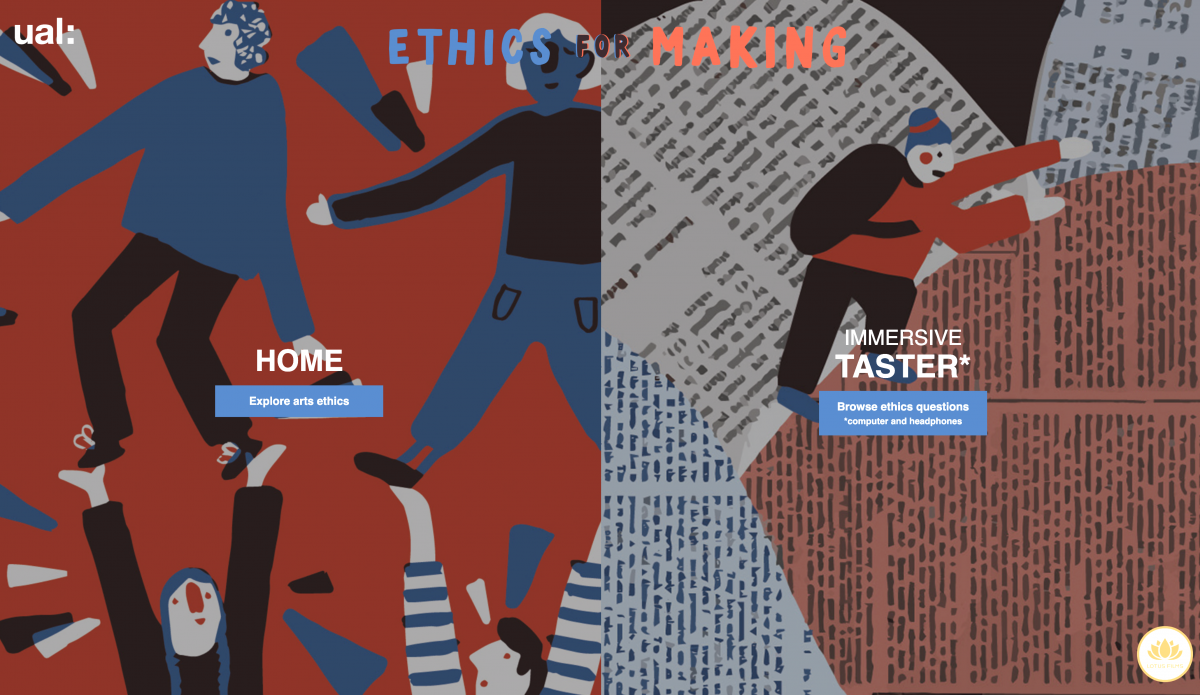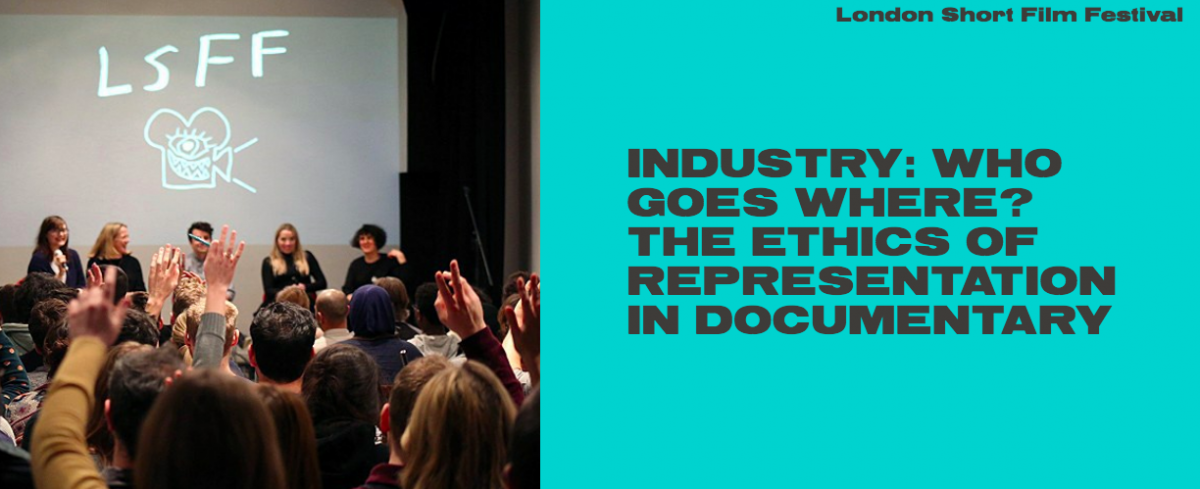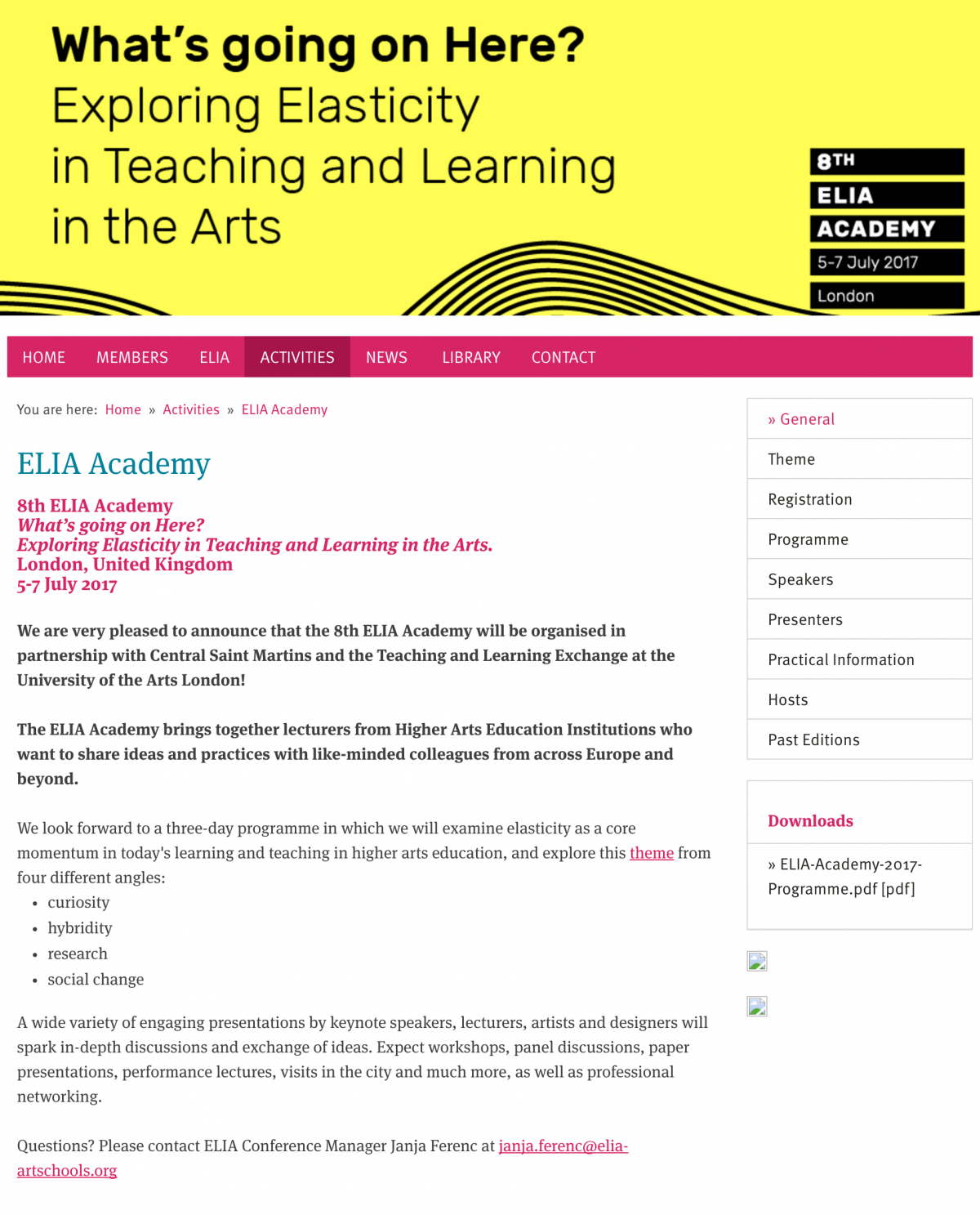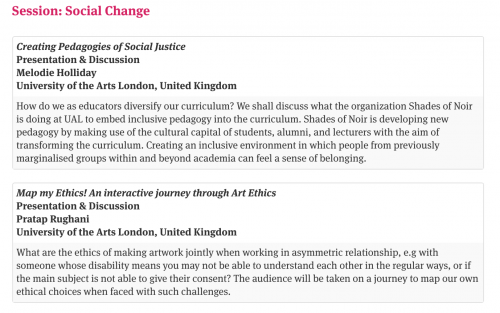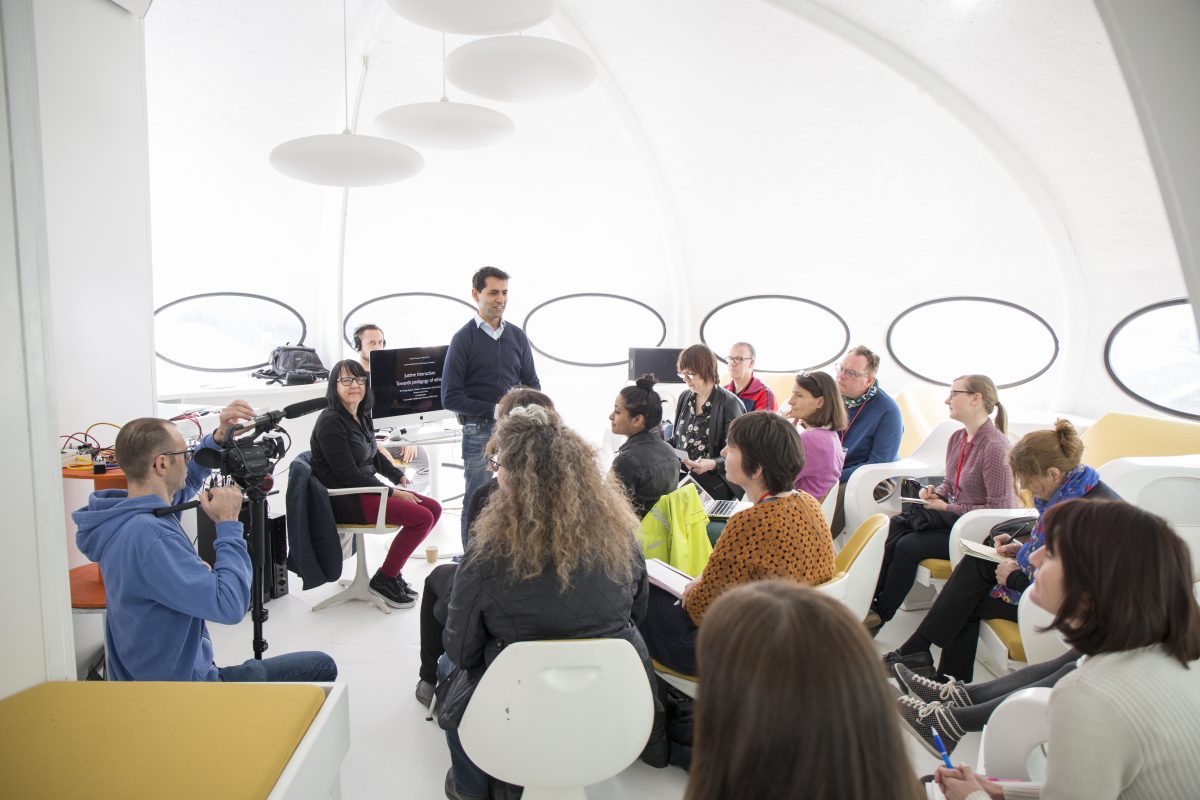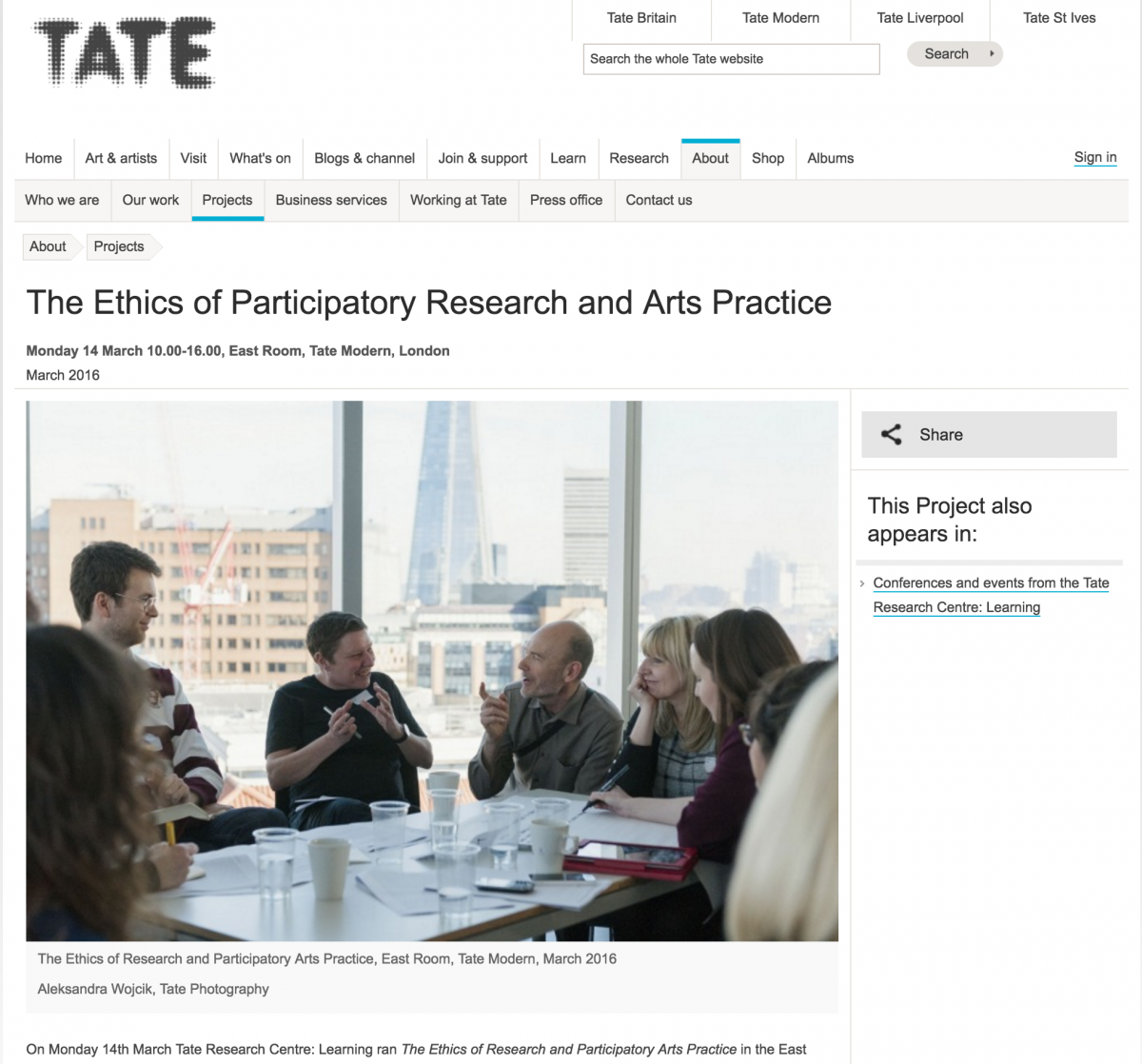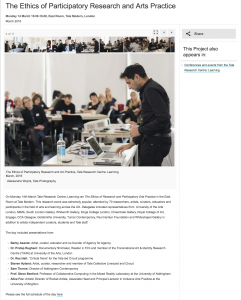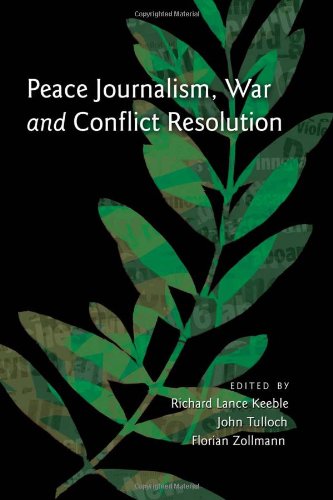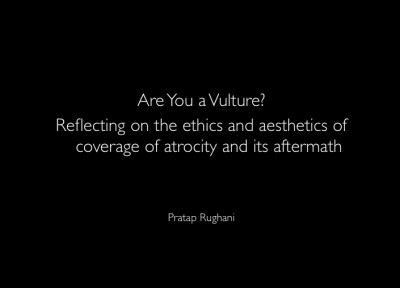Professor Rughani, Project Leader and Iris Wakulenko, Digital & Project Producer Ethics for Making co-present Online ethics in creative practice at University of the Arts London’s Education Conference 2021 #ExEd21
Tag: Ethics
Ethics for Making launch 15 Oct 2020
London College of Communication, University of the Arts London launches Ethics for Making in partnership with Lotus Films, 15 October 2020.
The free, digital resource provides a space for students, teachers and makers to explore ethics in creative practice.
Focusing on five key themes of consent, representation, responsibility, freedom and collaboration, Ethics for Making invites audiences to explore ethical considerations through the lens of Professor Pratap Rughani’s documentary film, Justine, which follows a young woman living with severe neurological disorders in the lead-up to a milestone birthday.
Developed using the responses of a range of filmmakers, teachers and students to the film, which has been shown internationally at conferences, film festivals and online teaching sessions, the site has been shaped into 2 distinct areas: the exploratory information resource, ‘Home’, which offers a range of audio, film and written content; and an ‘Immersive Taster’, which provides an innovative browsing experience using the specialist software, Klynt. Developed in France, Klynt enables audiences to engage with film through particularly responsive methods.
LSFF Industry Panel 14:00 Thu 17 Jan 2019
Dr Pratap Rughani participated in an industry panel at the 16ᵗʰLondon Short Film Festival 11 – 20th January 2019:
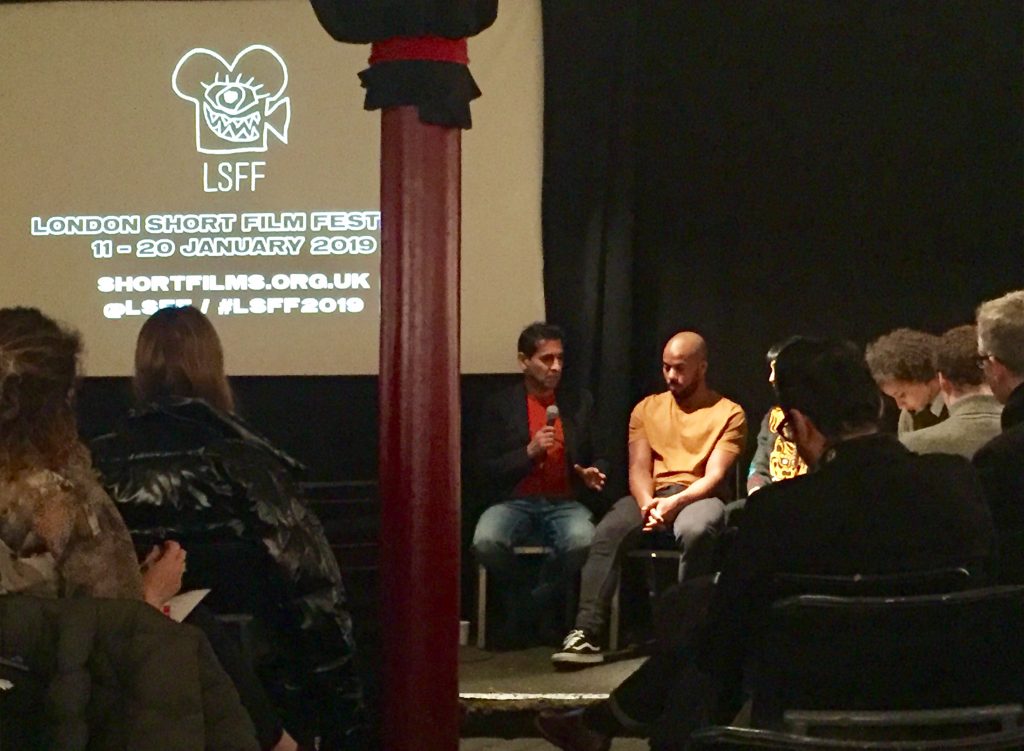
Who goes where? The Ethics of Representation in documentary
“We look into the ethics of representation and ethics of production in documentary as an inextricable cycle, addressing documentary’s legacy of ethnography and its distillation into modern documentary practice. Our panellists will address the thin line between ‘subject’ and ‘object’; who is looking at who from both behind and in front of the camera and what might constitute a meaningful dialogue between the two.”
14:00 Thu 17 Jan 2019 at The Horse Hospital followed by networking.
Book tickets here.
European League of Institutes of the Arts, 8th ELIA Academy 5-7 July 2017
Learning & Teaching Day, UAL 2017, presentation on Documentary Ethics at Futuro House
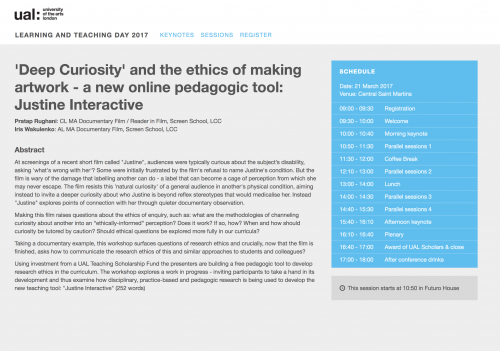 21 March 2017 at the University of the Arts London Learning & Teaching Day 2017, in Futuro House at Central St Martin’s College, Pratap Rughani and Iris Wakulenko present a parallel session ‘Deep Curiosity’ and the ethics of making artwork – a new online pedagogic tool: Justine Interactive.
21 March 2017 at the University of the Arts London Learning & Teaching Day 2017, in Futuro House at Central St Martin’s College, Pratap Rughani and Iris Wakulenko present a parallel session ‘Deep Curiosity’ and the ethics of making artwork – a new online pedagogic tool: Justine Interactive.
The Ethics of Participatory Research and Arts Practice, Tate Research Centre: Learning, at the Tate Modern
Monday 14 March 10.00-16.00, East Room, Tate Modern, London
The Ethics of Participatory Research and Art Practice event brings together leading researchers, artists, curators, educators and participants in the field of arts and learning, organised by the Tate Research Centre: Learning.
The Ethics of Participatory Research and Art Practice brings together researchers, artists, curators, educators and participants in the field of arts and learning to consider the current ethical challenges that face participatory research and arts practice today. The aim is to draw on a variety of experiences, to share and exchange approaches and create an open space where collaboratively we can work towards affirmative ethical strategies and methods. The event features presentations and group discussions focused on an ethics of consent, knowledge, ownership, research and practice. These ideas will be considered in relation to projects that present questions and challenges that will be addressed during the day though open discursive sessions.
Dr Pratap Rughani was an invited speaker: see this link to watch his presentation.
Speaker abstracts and biographies here.
Are You a Vulture? Reflecting on the ethics and aesthetics of atrocity coverage and its aftermath
Are You a Vulture? Reflecting on the ethics and aesthetics of atrocity coverage and its aftermath Rughani, Pratap (2010). Book Chapter published in: Peace Journalism, War and Conflict Resolution Peter Lang : Oxford, pp 157 – 172.
This chapter is framed by a sequence of documentary still images raising practice-based research questions about the nature of photographic representation of atrocity. Photographs are accompanied by practitioner reflections following a photographic essay responding to a series of caste-based murders in Khairlanji village, Maharashtra, central India.
Read / download Chapter.
Remembering Khairlanji CAUTION: You may prefer not to look at the following slides of the murdered Bhotmange family. They are included to help contextualise reflections on ethical questions that follow.
Photo Essay – Remembering Khairlanji
Documentary Ethics
The images in this gallery were taken for a photographic essay called ‘Remembering Khairlanji’. They form part of an exploration of documentary ethics discussed in the book chapter, “Are you a vulture? Reflecting on the ethics and aesthetics of coverage of atrocity and its aftermath” in “Journalism, War and Conflict Resolution” ed. R. Keeble, J.Tulloch & F. Zollmann, Foreword by John Pilger. Peter Lang (2010)
Download book chapter here
Buy the book here
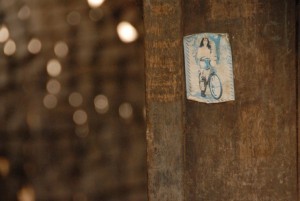
Chapter Abstract
“This chapter is framed by a sequence of documentary still images raising practice-based research questions about the nature of photographic representation of atrocity. Photographs are accompanied by practitioner reflections following a photographic essay responding to a series of caste-based murders in Khairlanji village, Maharashtra, central India.
The images throw up reflections on ethical and aesthetic choices in how to document atrocity. In addition to the shock of these events, I was stimulated (and humbled) in this work by reflecting on Susan Sontag’s critique of Holocaust photography as in general (to paraphrase) “re-victimising the victim.” What is the tension between striving to convey the full weight of and horror of such atrocities and the risk of cheapening (or worse) these events, at a time when some regard much contemporary media as already too sanitized. Are images of suffering, war and atrocity necessarily exploitative or are we coddled – protecting ourselves from fuller engagement with such realities? In the light of this, what might ‘ethical’ coverage look like?”
CAUTION: You may prefer not to look at the following slides of the murdered Bhotmange family.
They are included to help contextualise reflections on ethical questions that follow.

